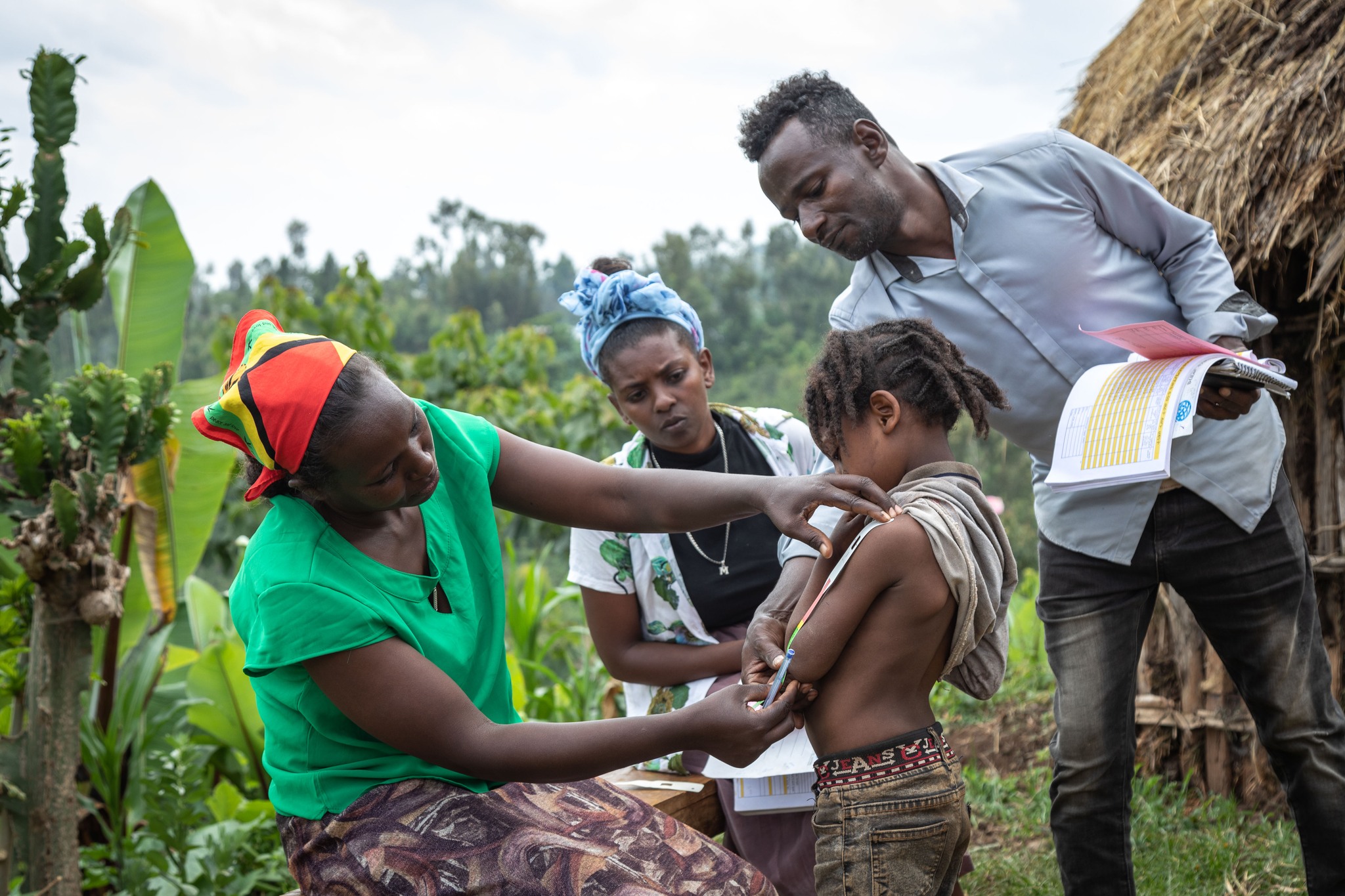What: Webinar
When: Wednesday 28 June, 3pm CEST
Register here
People that Deliver (PtD) is bringing together the Community Health Impact Coalition (CHIC), VillageReach, the government of Liberia, USAID and community health workers (CHWs) to examine the supply chain barriers that prevent CHWs from fulfilling their roles and providing patients with access to health supplies in Liberia.
The webinar will centre on the application of PtD’s Human resources for supply chain management theory of change (ToC) in Liberia, which was used to examine CHWs in their capacity as members of the supply chain workforce.
PtD’s Executive Manager, Dominique Zwinkels, said, “We’re thrilled to bring together so many diverse stakeholders to talk about the importance of robust supply chains and the integral role of CHWs.”
She added, “It’s a real opportunity for PtD to not only showcase the findings and recommendations of the application of the ToC in Liberia, but to also to learn from the government and others about how useful the tool is in analysing the staffing, skills, working conditions and motivation of CHWs.”
The webinar will also feature discussions on PtD’s newly-released technical brief: Applying a human resources for supply chain management theory of change in Liberia, which considers the extent to which the ToC is a comprehensive tool to assess the conditions that ensure community health workers can perform optimally in the supply chain.
Staffing, skills, working conditions and motivation are crucial to CHW performance
The tool’s four pillars – or pathways – are staffing, skills, working conditions and motivation. Addressing these is necessary if health commodities are to be available in the most cost-effective way possible, and ultimately if health outcomes are to be improved in low- and middle-income countries.
The four pathways align with CHIC’s central advocacy message that CHAs should be salaried, skilled, supervised and supplied.
According to Lennie Kyomuhangi Bazira, director of policy at the Community Health Impact Coalition, “Millions of community health workers are not salaried, skilled, supervised or supplied and seventy percent are women. It’s a dual human rights issue: CHWs are exploited and less effective for patients. The ultimate injustice? Despite decades of global health investment, one billion people will never see a health worker.”
She added, “Indisputable evidence confirms that CHWs improve health outcomes—with considerable equity and economic dividends. Therefore, it is time to invest in the professionalisation of CHWs.”
The ToC as a tool to empower CHWs
In Liberia PtD’s ToC was used for the first time to examine CHWs in their capacity as members of the supply chain workforce. With support from VillageReach, a diagnostic was carried out to explore barriers related to staffing, skills, motivation and working conditions from the perspectives of CHWs and their supervisors.
Focus group discussions with CHWs and their supervisors drew upon the four pathways to determine the extent to which they are able to perform their supply chain-related duties, and the obstacles preventing them from doing so.
Arthur Loryoun from VillageReach, thinks the ToC has can help the government to identify the areas in which CHWs require support.
“We now know that CHAs have the knowledge and skills necessary to deliver health services in their communities but, crucially, they lack the supplies needed to fulfil their roles; these supplies can range from personal protective equipment to essential medicines.”
He added, “The information provided by the diagnostic shows us exactly where we need to make changes to the way CHWs operate.”
The diagnostic report sets out a series of recommendations, which range from supplying CHWs with essential supplies and ensuring that each CHA be responsible for a maximum number of households, to offering career pathway options and health insurance coverage.
Register for the webinar here, read more here or read the report.

